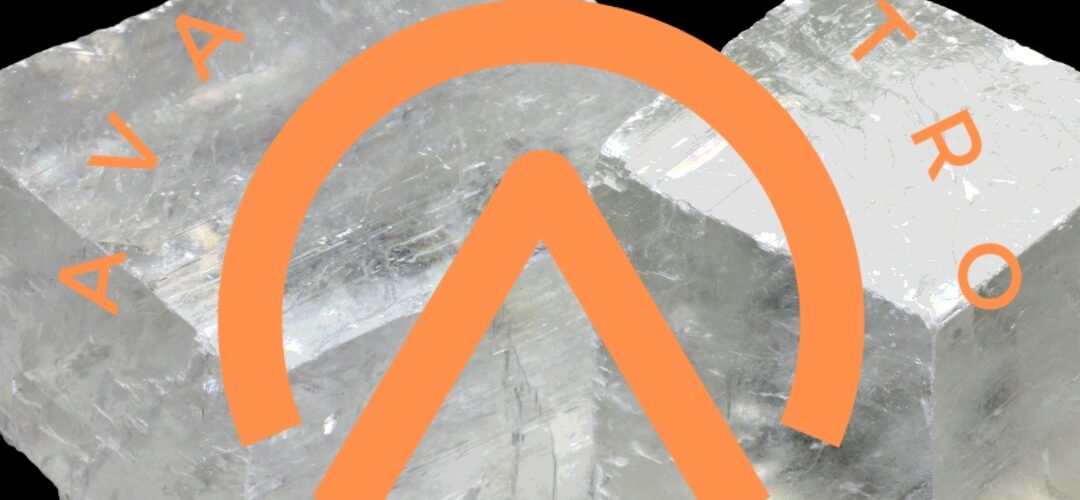Understanding the Factors that Determine the Quality of Plastic
Plastic, a ubiquitous material in our modern world, serves countless purposes across industries ranging from manufacturing to healthcare. Understanding the factors that contribute to the quality of plastic is paramount for ensuring optimal performance and safety in various applications.
Raw Material Composition
At the core of plastic quality lies its raw material composition. The type of polymer used, along with any additives, fillers, or reinforcements, significantly impacts the characteristics of the final product. For instance, polyethylene is renowned for its flexibility and chemical resistance, while polycarbonate excels in strength and transparency. By selecting the appropriate polymer and fine-tuning its composition, manufacturers can tailor plastic to meet specific requirements, whether it’s durability in outdoor settings or biocompatibility for medical implants.
Manufacturing Process
The manufacturing process plays a pivotal role in determining the quality of plastic products. Variables such as temperature, pressure, and cooling rate influence the material’s molecular structure and, consequently, its properties. Injection molding, extrusion, blow molding, and rotational molding are just a few of the techniques employed to shape plastics into various forms. Precision and consistency in manufacturing processes are essential for achieving uniformity and desired characteristics in the final product.
Quality Control Measures
Implementing robust quality control measures throughout the production chain is essential for ensuring the integrity of plastic products. This involves rigorous testing and inspection at different stages, from raw material procurement to finished goods. Mechanical tests assess factors such as tensile strength, impact resistance, and dimensional stability, while chemical analysis identifies any impurities or degradation that could compromise performance or safety. Adhering to stringent quality standards not only enhances product reliability but also fosters trust among consumers and stakeholders.
Environmental Impact
In recent years, there has been growing concern over the environmental impact of plastics, particularly regarding pollution and sustainability. Factors such as biodegradability, recyclability, and resource efficiency are increasingly prioritized in plastic production. Bioplastics derived from renewable sources offer a promising alternative to traditional petroleum-based plastics, reducing reliance on fossil fuels and mitigating environmental harm. Additionally, advances in recycling technologies enable the closed-loop circular economy approach, where plastic waste is recycled into new products, minimizing landfill accumulation and conserving resources.
Application-specific Considerations
The quality requirements for plastic vary depending on its intended application. For example, food-grade plastics must meet stringent safety standards to prevent contamination, while engineering plastics must withstand high temperatures and mechanical stress in automotive or aerospace applications. Understanding the specific performance criteria and regulatory requirements for each application is crucial for selecting the appropriate plastic material and ensuring compliance with industry standards.
Conclusion
In conclusion, the quality of plastic is determined by a myriad of factors, including raw material composition, manufacturing processes, quality control measures, environmental considerations, and application-specific requirements. By addressing these factors comprehensively, manufacturers can produce plastic products that meet the highest standards of performance, durability, and sustainability, thereby driving innovation and meeting the evolving needs of consumers and industries.
Written by Emir Narin

